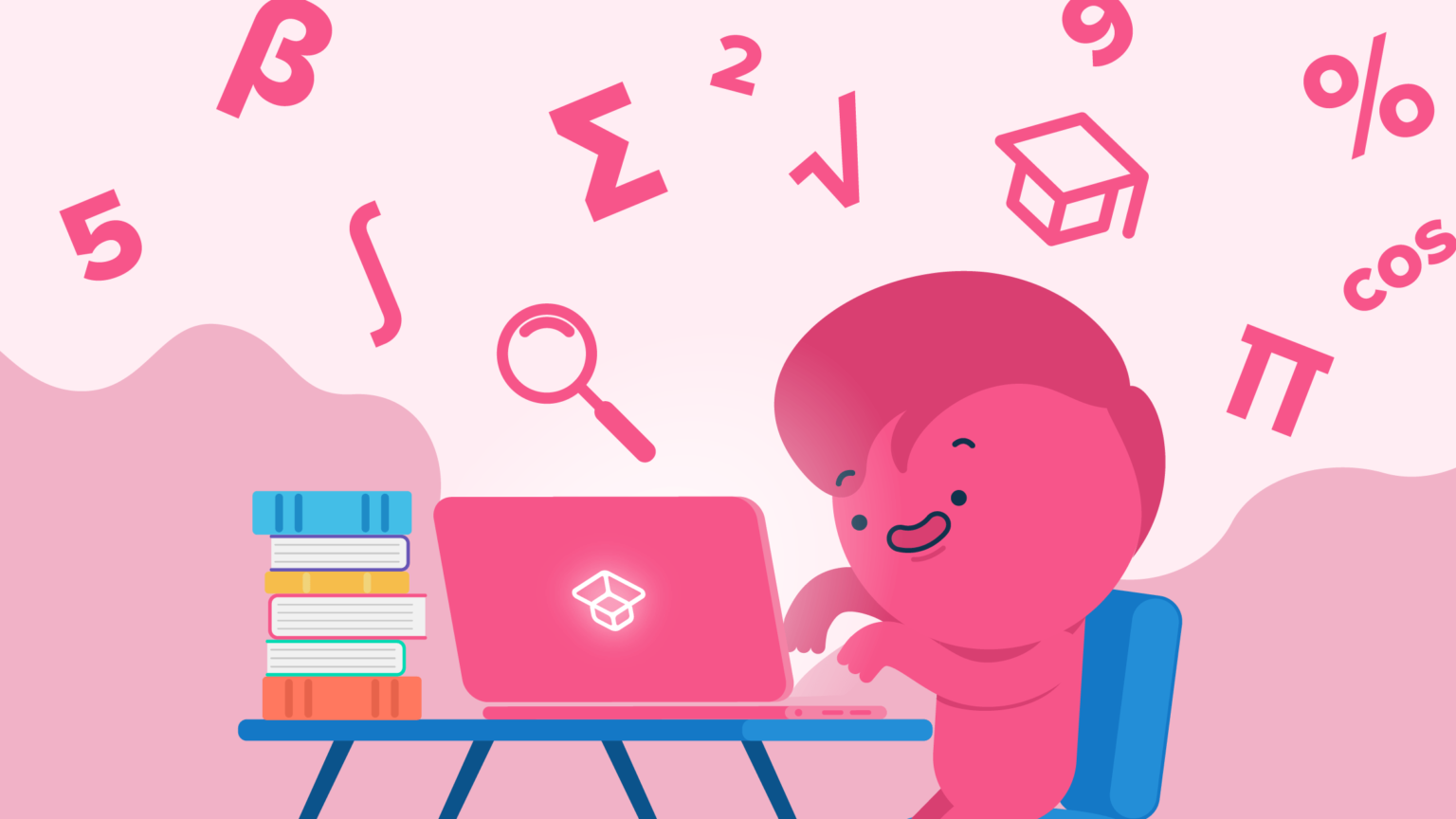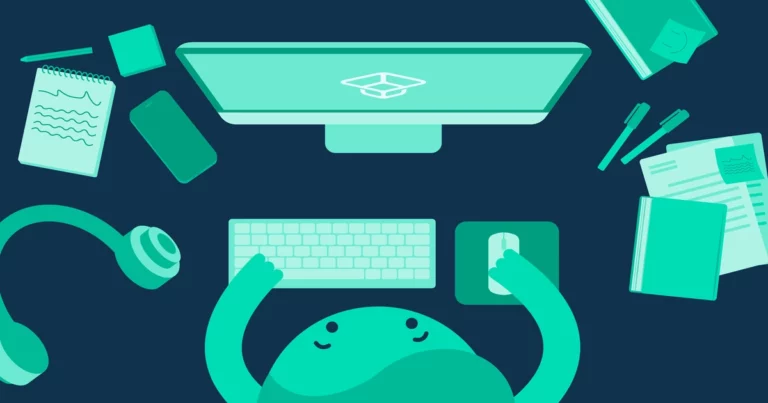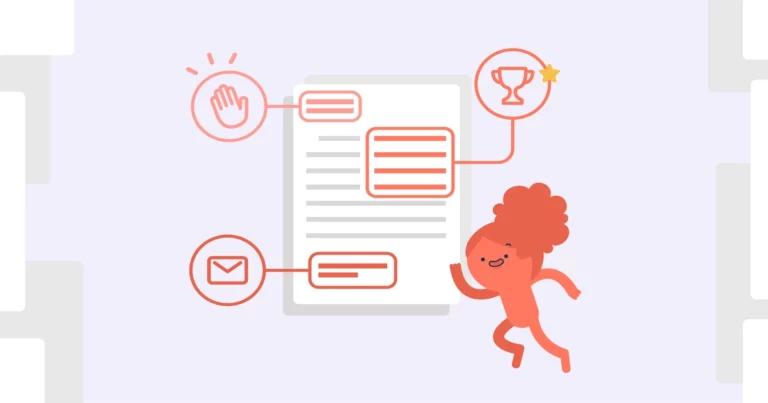Exam Preparation – When the Going Gets Tough
… the tough gets going, in the wise words of Timon and Pumbaa. There aren’t many tougher things in the life of a student than finding ways to manage your time, study, live a life, and somehow not go insane. If you, too, are staring down the exam preparation line, I’ve got excellent news: you’re here on time to prevent the drama of it all!
While grades do not define intelligence, you will agree with me that they don’t define your ability to remember, either. That’s a trite old phrase used by lazy people who don’t want to put in the proper amount of effort and act surprised when they fail their exams. There’s no denying that some professors like to make things difficult for their students – let’s call that a psychological problem – but there’s nothing a good deal of studying wouldn’t solve.
Exam preparation is a long-term investment into your own comfort. Why comfort? Well, studying regularly, attending lectures, and handing in your papers on time contribute to your overall stress reduction once the exam period arrives and you’re bombarded with a million things. Sound familiar? Let’s make it foreign again!
How to Start Exam Preparation
According to a modernist theory of time, it’s always a good idea to start exam preparation. The past is gone, the future will be here before you know it, and exams have a nasty habit of sneaking up on you. So, when and how do you start?
Pre-preparation stage:
- Exam preparation starts with the semester. It’s a misconception that there is a special time period when you only study and magically accomplish everything. Each lecture is a way of preparing for an exam, which is why attending them is crucial. If you have a job that clashes with your studies, make sure to borrow the notes from someone or ask your professor for additional help.
- Regular class prep. Many professors like to assign reading for their classes (I’m totally guilty), and you’d do well reading the selected texts. The same goes for doing homework regularly, checking things online if you didn’t catch every detail or are unfamiliar with some concepts, and participating in discussions.
- Revision matters. Every now and then, you should go through your notes to freshen up your memory.
Revving it up:
Once the lectures are over, you’ll have a bit of breathing space before your exams, which is when you need to get down to business. Here’s how:
- Make a rough plan. Check the calendar to know the approximate number of days you have to prepare. Divide your work and spread it over the time you have. Don’t forget to account for revision days.
- Don’t wait for the perfect moment. The perfect moment for studying never comes. You must take your books, ditch your phone, and start plowing through.
- Make use of notes and highlights. Jot down important facts, key terms, and concepts. Highlight keywords and structure your learning around them. For example, “operational stage” in psychology. The term is important to remember, and you should spend some time forming associations around it, so the next time you see the word, you don’t have to think too long about what it is – it’ll just come to you.
- Get an accountability buddy. Make a pact with a friend from uni about when you’re both starting – that way; you can keep each other accountable.
- Don’t look for special features, just do it. You don’t really need 37 different pens or 25 fancy notebooks to start studying – these are distractions. The more basic your tools are, the less chance you have to dwell on them instead of your books.

A Few More Study Tips for Exam Preparation
Once you’ve powered through the starting point, you can boost your studying with a few of these tips:
- Look for old exams. There are only so many questions one can ask in an exam, and lots of the basic ones will repeat themselves over the years. Join some relevant online communities (e.g., your uni or your course of study) and ask around for old questions. You can structure some of your learning around those.
- Don’t be afraid to ask questions. If you don’t understand something, sign up for an office hour with your professor. Most of them are very happy to explain things – or at least ready to, even if not jumping for joy. On the other hand, that’s what they’re paid to do.
- Test yourself. Write down topics on pieces of paper, fold them, and put them on a pile (or in a bag/bowl/any other dish). Pull out one question at a time and reel off everything you know.
- Revise with friends. I advise against studying with friends, as it’s easy to get distracted, but revision get-togethers can be pretty cool. You can test each other, fill the gaps in knowledge, and explain things. Different perspectives and learning styles can help you memorize things better.
- Take regular breaks. Even though this is an intensive study phase, you cannot expect to sit there for hours and be productive. Instead, work in short bursts (up to two hours) before taking a break.
- Don’t get lost in the superficial details. Look for meaningful units, focus on key elements and notions, build a strong foundation, and then add details. What’s more important: to know the exact hour a historical figure died or the impact their death had on their country or the world?
- Skip the decorations. When I used to study in libraries and reading rooms, this used to drive me mad. A person would sit there with half a stationery store’s worth of supplies, pens, stickers, post-it notes, highlighters, different-colored paper, and a few confused mice, the whole cast of Wicked, and one exhausted fairy godmother – you get the picture. Don’t fall for this; it’s not helping you study; it’s just wasting your time!
- Work with flashcards, mind maps, and visuals. The most important feature of these tools is condensing information through visual schemes. Your focus increases when you work with images, and activating multiple parts of your brain ensures you retain more information.
- Don’t forget mnemotechnics. Sometimes there are lists of items and ideas you need to memorize. Make funny sentences or invent short stories to help you remember things better.
- Take care of yourself. You can’t take an exam if you’ve driven yourself into disease. When studying, stay active, eat healthily, and don’t give in to doom-thinking. If you find yourself spiraling down the “If I fail the exam, I’ll have to retake it next year, and then it’s late, and I’m failing, and I’ll never get a job, and I’ll die under a bridge” – stop yourself immediately. Take a quick walk, talk to someone, and get back to your books when you’re ready.
Ultimately, there is no great secret to studying for exams – you should improve your learning skills and apply them in the face of adversity. While exams add a degree of stress and pressure, forming good coping habits such as meditation or sports can help keep the drama at bay.
Oral Exam Preparation = The Same as Any Other Exam Preparation
I get it; oral exams can be even scarier because you’re engaging in a sort of dialogue with your professor. What if they ask mean questions? What if they make fun of you?
Truth be told, neither is likely to happen. If they ask a question you don’t know, be honest about it. Give it a moment’s thought, but if you’re unsure what’s being asked of you, you can ask them to clarify or say you don’t know the answer. If the second happens, you should report them to the dean of studies because that’s illegal.
Otherwise, preparing for an oral exam works like any other – you give your best when you’re studying, revise regularly, and show up on the day. To get a better sense of what it looks like, it’s a good idea to imagine the exam situation when you’re revising and actually recite the answer. Speak in full sentences, add examples, and connect the dots in your knowledge base.
Remember, during oral exams, you’ll have a moment to write the outline of your answer down so you don’t get lost in a long-winded ramble. Most professors are quite nice actually; you just have to show off your excellent knowledge of the topic 😉.
Time Management for Exam Preps
If you’ve left it a little bit too late, your exam prep will have to include a fair amount of time-management skills.
- Prioritize. Look over old exams, course syllabus, and material often revised or signaled to in class – learn those bits first.
- Spread your learning. If you have time for only 100 pages, don’t learn the first 100. Instead, focus on several different units across the syllabus.
- Go for the basics first. If you’re pressed for time, don’t dwell on complexities and details that demand too much of it. Instead, opt for understanding concepts, basic structures, and key information first. Once you’ve set that foundation, you can add details.
- Sacrifice something. Be it football with friends or a coffee date; sometimes you’ll have to make the tough choice.
- Take a shortcut here and there. Sometimes good notes from class will be enough to answer a particular question. Locate such notes and opt out of reading full chapters when you can, but don’t do it for every chapter.
- Be realistic. Even if you are starting late, you cannot expect to study all night every night or to live in the library. Go for quality study time instead of just piling the hours.
- De-stress regularly. Studying last minute is tough and stressful. Make sure to ward off the negative effects of stress by taking regular walks, getting enough sleep, and staying in touch with your loved ones.
The exam prep time management is all about setting reasonable expectations. Take stock of how much time you have, divide your content into doable units, and focus on the most important chapters first. Don’t skimp on sleep or food; that will only hamper your progress in the long run.
Exam Prep – The Key Takeaways
Exams are stressful, full stop. Just this very fact of life is enough to debilitate any studying motivation, but exam prep does not have to be that difficult. In fact, it can be made easy with proper planning and regular studying.
To reduce the stress of the exam period, always remember these tips:
- Attend lectures, ask questions, and revise the material.
- Plan your studying – mark the day of the exam on the calendar and make a plan.
- Divide the material into doable bits.
- Focus on understanding rather than cramming.
- Revise with friends.
- Test yourself with flashcards and old exam questions.
And remember, no matter what you do, don’t let the fear of exams add stress to your life. It’s just an exam, not an execution. Do your best while studying and always remind yourself of that. Take breaks, keep your head up, and ace your exams!







